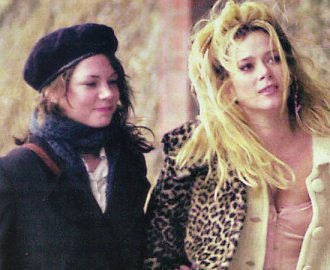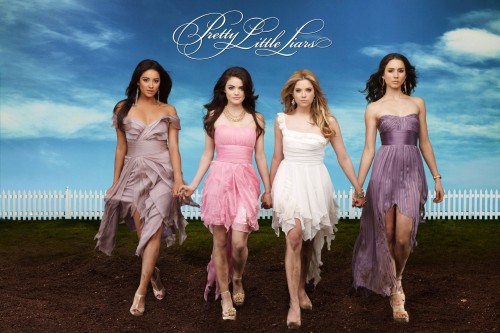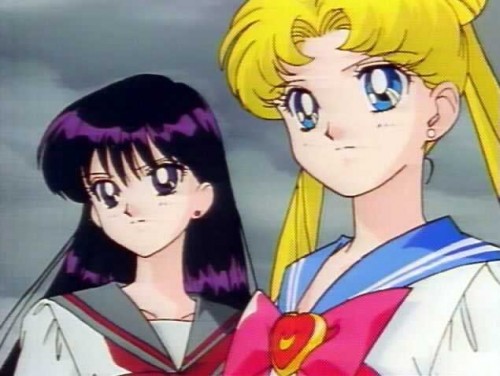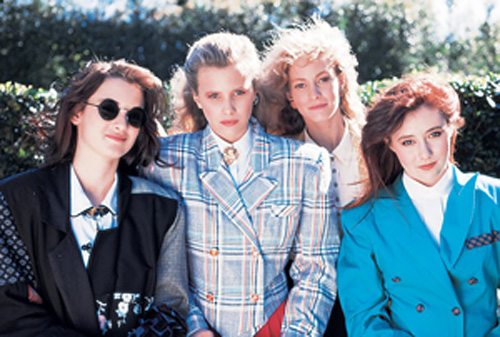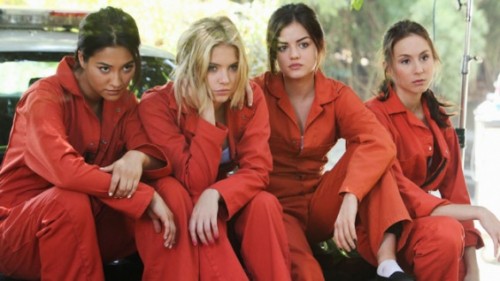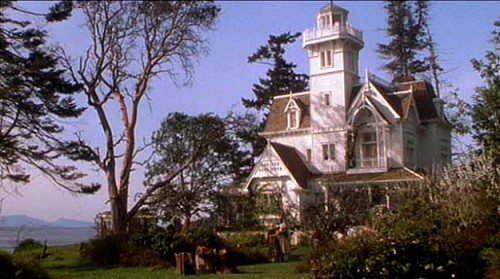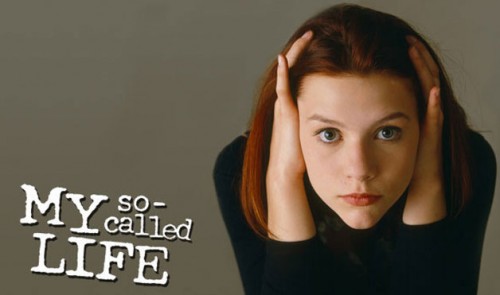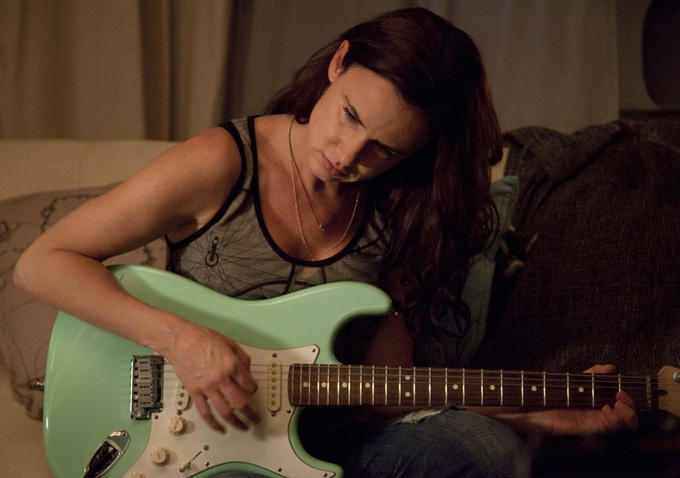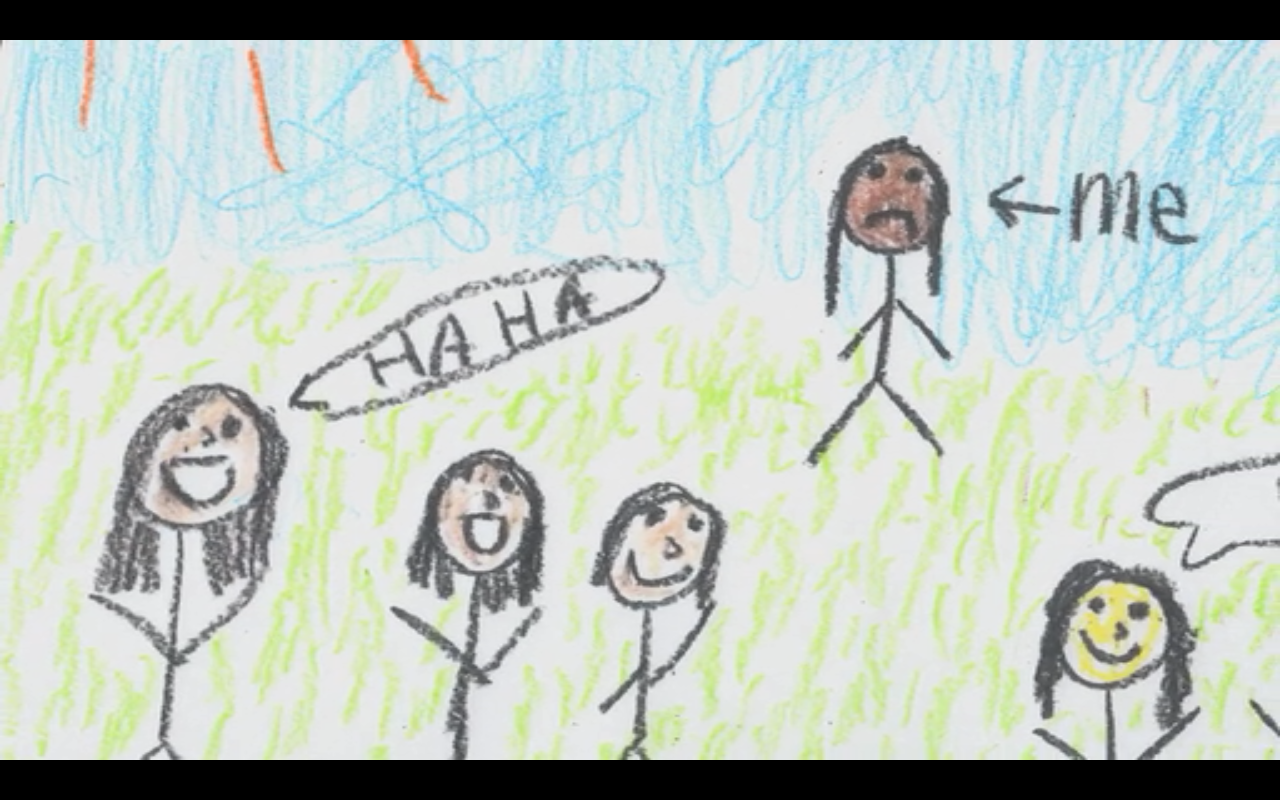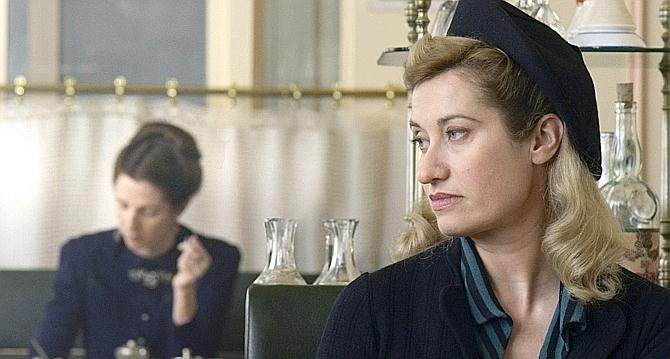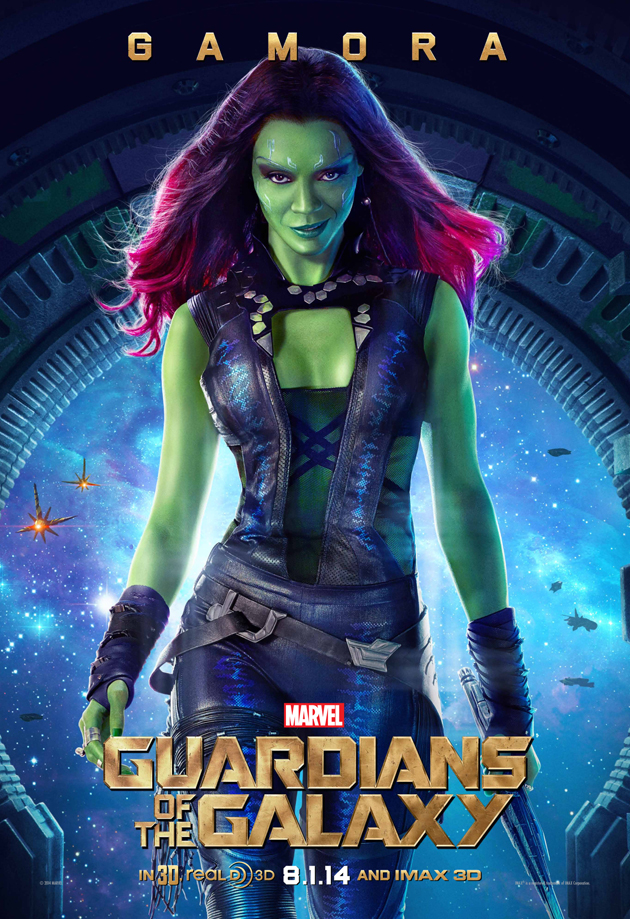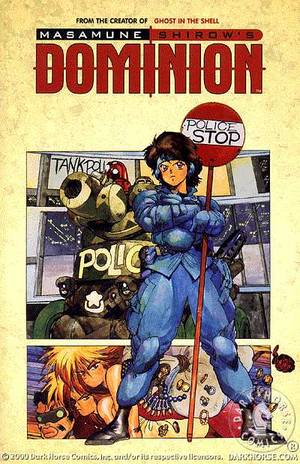When Friendships Fray: ‘Me Without You,’ ‘Not Waving But Drowning,’ and ‘Brokedown Palace’
Not all friendships are built to last. Teenage friendships are little romances between two people–tiny beautiful, impossibly fragile things that break apart upon touch or close examination. Just as a true romantic relationship between two unformed people rarely lasts, so often we grow out of our early friendships. Because so much of growing up means developing into a person who can live in the world, films about the ends of friendships can be just as satisfying coming of age stories as the typical narratives of beginnings. Each ending after all, is the beginning of something else.
